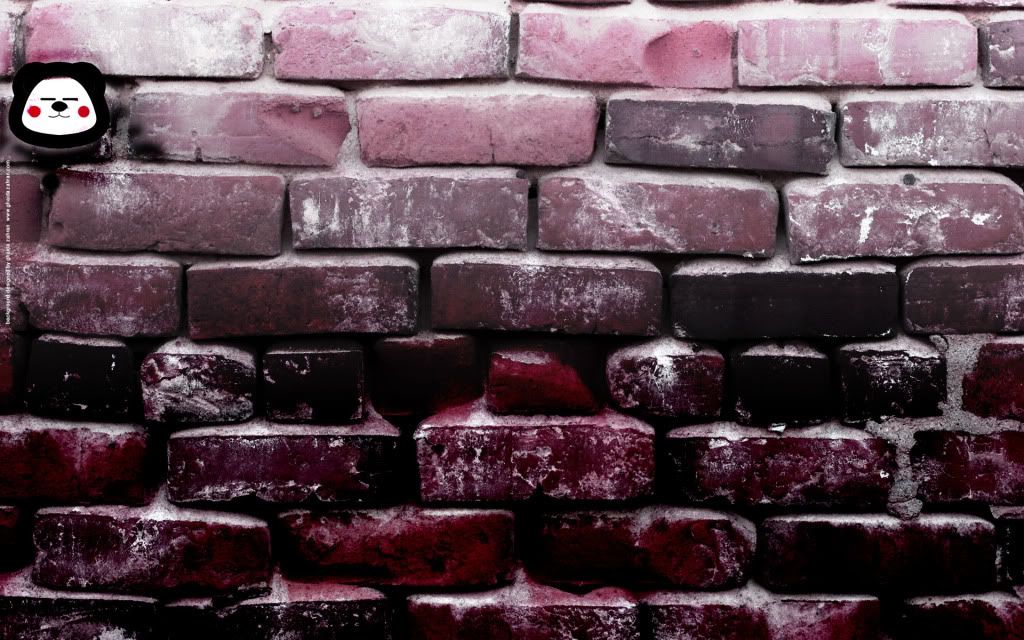Blood Diamond was impressive at best. The plot was so general and taboo that one is inclined to give credit to the filmmakers for tackling a topic so touchy. I bet it stepped on many important toes, and I'm just as sure that it didn't even begin to explore the whole messy and corrupt affair. That is the main problem of films that are ambitious enough to take on issues that are ruthlessly and tenaciously controlled by untouchable higher-ups. Other such films were early 2000's Traffic and 2005's Lord of War. It doesn't take one evil person to rule the world, and so it can only follow that it doesn't take one person to change it. It's a depressing thought, knowing that whatever good we strive to contribute to society, whatever help we can give, is almost useless. However, the writers attempted to lift our post-millennium cynical souls by inserting Danny Archer's noble and quixotic gesture towards the end. They finished with the idealistic, if cliché, "One man can make a difference" statement. Good for them. I, on the other hand, loather of sentimentality that I am, accuse the attempt of being unrealistic.
In many ways, the movie parodied itself. This is discernible in the female lead's Big Speech on her own stabs at making-the-world-a-better-place. So what if she is exploiting other people's grief by photographing them and writing dramatically subjective profiles on random sufferers, so what if all it does is move one person for five seconds, so what if it helps .0000001% of the needy? At least she's doing something. I'm glad she has that kind of hopeful defiance. It's more than I can say for MY pessimism.
The story itself is a little too smart, maybe a little too broad. Unless the audience has sufficient background knowledge on the history of war-torn Africa, movie-goers might be confused as to how exactly the diamond industry affects these people's lives. Are the diamonds the direct causes of death of the citizens? It's inevitable that the motives of the rebels-slash-villains would sway from worldly material possessions to political convictions. They are all interconnected. But then again, it takes away the focus of the movie. I wish they'd put more effort on informing the people on the many angles of the issue, but I guess that would compromise the entertainment factor. I can live with it. Djimon Honsou's chilling and powerful performance as an honest but distressed father distracted me from the many protests forming in my mind, and His Royal Hotness Leonardo di Caprio's grown-up stubble made up for all the missing links.
The portrayal of the female lead as an educated and passionate woman, yet not exempt from using women's wiles to get what she wants begs objection, but she did inspire me to go one step further and use whatever I have to be part of a cause bigger than myself. Who knows, I might bump into my very own former-teen-idol.
On the whole, it encourages compassion for those that are less fortunate than us; it promotes conscience and an awareness of the prevalent corruption all over the world. If, after seeing the movie, you change your mind about that rock you so desire to be married in, then it has served its purpose, and you have put in your two, rather valuable, cents.
Wednesday, February 21, 2007
Sunday, February 4, 2007
Literary Snobbery
I can't believe how much I dislike Nicholas Sparks and that phony book "True Believer". It makes me sick. It's one of those books that, after you've finished reading, you feel like you've not only NOT GAINED anything, you've actually LOST valuable time. In short, it didn't tell me something I didn't already know.
In all fairness though, it made me think of the purpose my diaries might serve in the future. Would people read through it in search of something and actually FIND what they need? Am I doing justice to my generation?
*****
I liked CITIZEN GIRL. It's not your ordinary, run-of-the-mill chick-lit where some heavily caffeinated twenty-something woman stumbles through a much-hated job, the battle with the bulge, and an asshole-infested lovelife. Well, sure, it had those, too, but it's a little more intelligent than usual. We were presented with real conflicts here, real emotion, and some real smart language. For once, a chick-lit novel that makes you THINK.
The book is all about a girl making her way up the career ladder. On the brink of absolute success, she finds, to her utter dismay, that she is a candidate to become the higher-up of a pornographic company.
The heroine was conveniently placed in a dark place between the devil and the deep blue sea, and she had to decide if compromising her deep-set beliefs and convictions was worth it if it meant contributing to the greater good. Like killing one person to save a hundred.
Towards the end, I was hit squarely in the face with that sinking feeling that I am just one person in this world, and there's nothing I can do to make a difference in this evil, disgusting generation. But then, as she tossed away her (possibly) only shot at good employment and a handsome package, I could feel a little of her victory.
As for the love angle, Buster is your typical X-Generation twenty-some-odd-year-old: sometimes surprising but ultimately predictable and a little assholey (a requisite characteristic), articulate, updated, and pretty smart. Mr. New-Age Mushroom Guy.
The fictional names were a little mushy, though. The authors named the heroine Girl and the protagonist Guy. I think I flinched every time I read their names. And then there was that overused detail of the heroine calling one of, or both, her parents by their first names. So bohemians-last-season, if you know what I mean.
In all fairness though, it made me think of the purpose my diaries might serve in the future. Would people read through it in search of something and actually FIND what they need? Am I doing justice to my generation?
*****
I liked CITIZEN GIRL. It's not your ordinary, run-of-the-mill chick-lit where some heavily caffeinated twenty-something woman stumbles through a much-hated job, the battle with the bulge, and an asshole-infested lovelife. Well, sure, it had those, too, but it's a little more intelligent than usual. We were presented with real conflicts here, real emotion, and some real smart language. For once, a chick-lit novel that makes you THINK.
The book is all about a girl making her way up the career ladder. On the brink of absolute success, she finds, to her utter dismay, that she is a candidate to become the higher-up of a pornographic company.
The heroine was conveniently placed in a dark place between the devil and the deep blue sea, and she had to decide if compromising her deep-set beliefs and convictions was worth it if it meant contributing to the greater good. Like killing one person to save a hundred.
Towards the end, I was hit squarely in the face with that sinking feeling that I am just one person in this world, and there's nothing I can do to make a difference in this evil, disgusting generation. But then, as she tossed away her (possibly) only shot at good employment and a handsome package, I could feel a little of her victory.
As for the love angle, Buster is your typical X-Generation twenty-some-odd-year-old: sometimes surprising but ultimately predictable and a little assholey (a requisite characteristic), articulate, updated, and pretty smart. Mr. New-Age Mushroom Guy.
The fictional names were a little mushy, though. The authors named the heroine Girl and the protagonist Guy. I think I flinched every time I read their names. And then there was that overused detail of the heroine calling one of, or both, her parents by their first names. So bohemians-last-season, if you know what I mean.
Subscribe to:
Posts (Atom)



